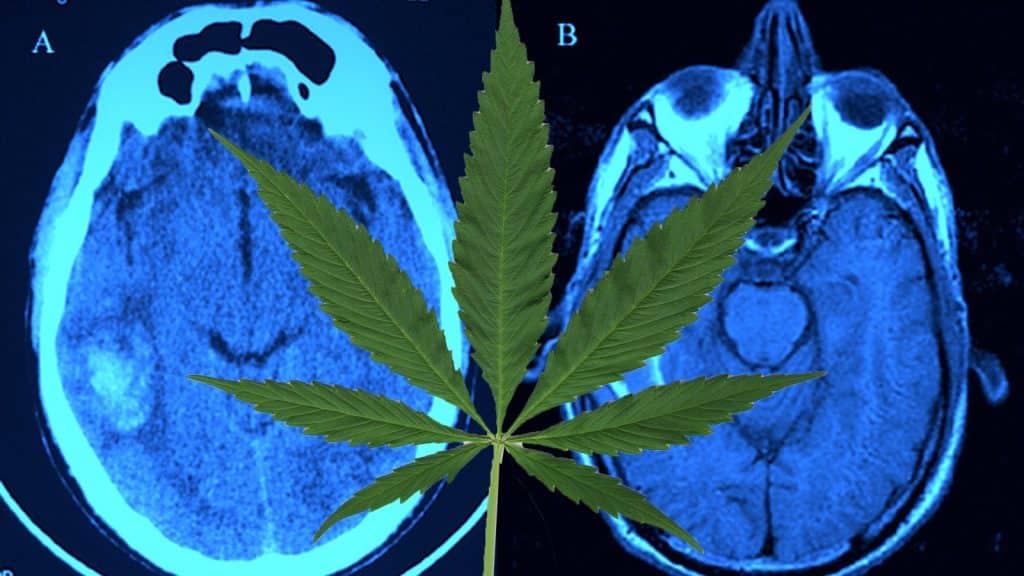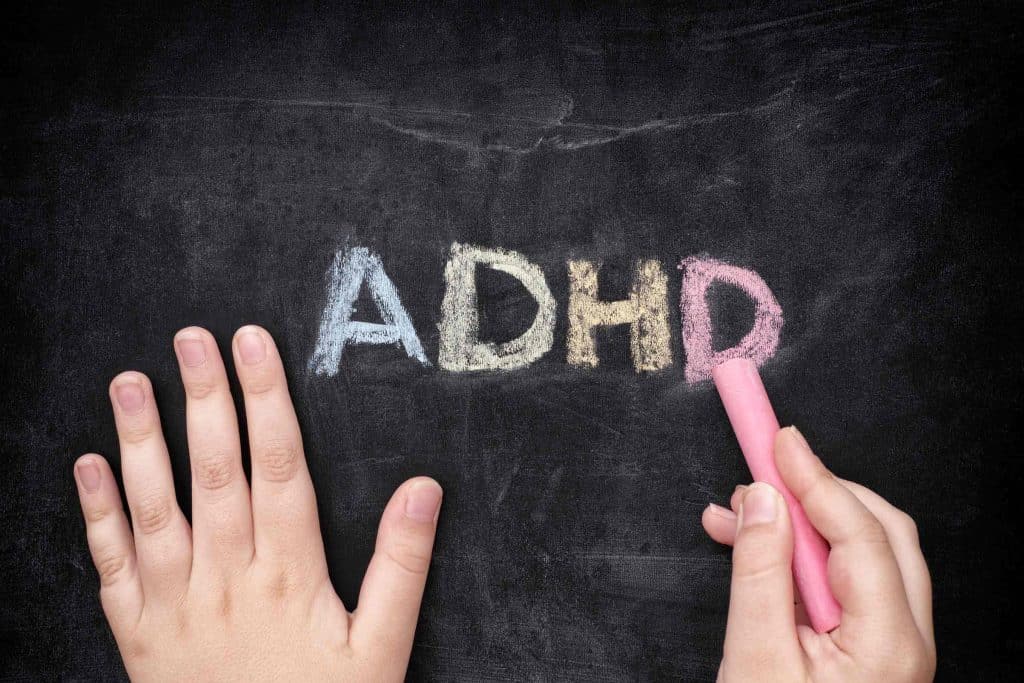Blog
Cannabis and ADHD: Can Marijuana Help with Focus and Concentration?
Attention Deficit Hyperactivity Disorder (ADHD) is a neurodevelopmental disorder that affects millions of people worldwide. ADHD is characterized by symptoms such as difficulty paying attention, hyperactivity, and impulsivity. Traditional medication and therapy can be helpful for some people with ADHD, but others may seek alternative treatments such as medical marijuana. In recent years, there has been growing interest in using cannabis to manage ADHD symptoms, specifically for improving focus and concentration. But is it effective? Let’s explore the evidence.
Understanding ADHD and its Symptoms


ADHD, or Attention Deficit Hyperactivity Disorder, is a neurodevelopmental disorder that affects people of all ages. It is characterized by symptoms such as inattention, impulsivity, and hyperactivity, which can significantly impact daily functioning. People with ADHD may struggle with completing tasks, following instructions, and staying organized, which can lead to difficulties at school, work, or in social situations. ADHD is caused by a combination of genetic and environmental factors, and it is typically diagnosed through a comprehensive evaluation process that includes medical history, behavioral assessments, and symptom questionnaires. While there is no cure for ADHD, various treatments, including medication and therapy, can help manage symptoms and improve overall quality of life.
The Role of Cannabis in Managing ADHD
Cannabis has become a popular alternative treatment for managing ADHD symptoms. People with ADHD may find it challenging to concentrate, control their impulses, and engage in cognitive tasks. The compounds found in cannabis, specifically THC and CBD, can help improve these symptoms by interacting with the endocannabinoid system in the brain. THC can enhance cognitive function, improve focus, and reduce impulsivity, while CBD can reduce anxiety and promote a sense of calm. While there is still a lack of research on the long-term effects of using cannabis to treat ADHD, many people with ADHD have reported improvements in their symptoms after using cannabis. However, it’s important to note that everyone’s experience with cannabis may differ, and it’s always best to consult with a healthcare professional before using cannabis as a treatment for ADHD.
How Cannabis Affects the Brain


Cannabis has been widely used for both medicinal and recreational purposes for centuries, and it is only in recent years that we have begun to understand how it affects the brain. The human body has an endocannabinoid system, which is responsible for regulating various bodily functions, such as mood, appetite, and pain. The cannabinoids found in cannabis interact with this system in various ways, producing different effects.
The most well-known cannabinoid in cannabis is delta-9-tetrahydrocannabinol (THC), which is responsible for the psychoactive effects of the plant. When THC enters the body, it binds to cannabinoid receptors in the brain, activating the release of dopamine, a neurotransmitter associated with pleasure and reward. This leads to the euphoric and relaxing sensations commonly associated with cannabis use.
THC also has a range of other effects on the brain. It can impair short-term memory, alter the perception of time, and affect coordination and motor skills. These effects are why driving under the influence of cannabis is illegal and dangerous.
Another important cannabinoid found in cannabis is cannabidiol (CBD), which has gained popularity in recent years for its potential therapeutic properties. Unlike THC, CBD does not produce psychoactive effects, but it does interact with the endocannabinoid system in various ways. It is believed to have anti-inflammatory, pain-relieving, and anxiety-reducing effects, among others.
Cannabis contains a complex mix of cannabinoids that interact with the endocannabinoid system in various ways, producing a range of effects on the brain and body. While THC is responsible for the psychoactive effects of the plant, CBD has gained attention for its potential therapeutic properties. However, further research is needed to fully understand how cannabis affects the brain and how it can be used safely and effectively for medicinal purposes.
Types of Cannabis Strains for ADHD


When it comes to using cannabis for ADHD, it’s important to consider the different types of strains available. Sativa and Indica are the two main types of cannabis strains, each with unique properties and effects on the body and mind. Sativa strains are typically associated with uplifting and energizing effects, making them potentially more useful for people with ADHD who struggle with low energy and motivation. The Sativa strains tend to have a higher concentration of THC, which is the psychoactive compound in cannabis that produces the “high” sensation. This can lead to an increase in focus, creativity, and alertness, which may help people with ADHD maintain attention on a task for a longer period. However, it’s important to note that Sativa strains can also produce anxiety and racing thoughts in some people, which may not be beneficial for those with anxiety or paranoia. It’s always important to start with a low dose and gradually increase it to find the right balance for each individual’s needs.
Dosage and Consumption Methods
Finding the right dosage and consumption method for cannabis can make all the difference when it comes to managing ADHD symptoms. Start with a low dosage and gradually increase as needed, as the optimal dosage will vary from person to person. It’s important to keep in mind that the effects of cannabis can be different for each individual and can depend on a variety of factors, such as body weight and metabolism.
There are several consumption methods available, each with its own onset time and duration. Smoking and vaporizing cannabis provide a quick onset of effects but have a shorter duration of action. Edibles, on the other hand, have a slower onset time and a longer duration of action, making them a good choice for those who want longer-lasting effects. Tinctures are another option, which can be taken sublingually or added to food or drink.
It’s important to note that different strains of cannabis can have varying effects on ADHD symptoms. Sativa strains are often associated with increased focus and creativity, while Indica strains are known for their calming and relaxing effects. Hybrid strains, which are a combination of both Sativa and indica, can provide a balance of both effects.
Finding the right dosage and consumption method is key to effectively managing ADHD symptoms with cannabis. It’s important to consult with a healthcare professional and to start with a low dosage to minimize any potential adverse effects.
Risks and Side Effects
While cannabis has been shown to have potential benefits for managing ADHD symptoms, it is important to consider the risks and side effects associated with its use. Like any medication or substance, cannabis can cause adverse effects, particularly with long-term use. Some common side effects include dry mouth, dizziness, and increased heart rate. Moreover, cannabis use can lead to dependence, and quitting or reducing use can result in withdrawal symptoms such as irritability, insomnia, and decreased appetite. It’s essential to discuss the potential risks and benefits of using cannabis for ADHD management with a healthcare provider to determine if it is a suitable treatment option. Additionally, it’s crucial to follow recommended dosages and avoid using cannabis with other substances to minimize the risk of adverse effects.
The Future of Cannabis as an ADHD Treatment
As more states and countries legalize the use of cannabis, the potential for its use as a treatment for ADHD becomes increasingly important. While research is still in its early stages, there are promising signs that cannabis may be an effective treatment for some people with ADHD. Studies have shown that cannabis can improve focus, reduce impulsivity, and improve overall behavior in individuals with ADHD. This is likely because cannabis interacts with the endocannabinoid system in the brain, which plays a role in regulating attention and mood. As more research is conducted and regulations around cannabis use continue to evolve, we may see cannabis become a more widely accepted and prescribed treatment for ADHD. However, it’s important to note that cannabis is not a one-size-fits-all solution and should only be used under the guidance of a medical professional.
Potential Treatment or Risky Business?
Cannabis has shown potential as a treatment for ADHD, with its ability to improve focus and concentration. However, it’s crucial to note that the use of cannabis for medical purposes should be approached with caution and guidance from a medical professional. The research on cannabis for ADHD is still in its early stages, and there is a lack of consensus on its effectiveness and safety. It’s essential to consider the potential risks and benefits before using cannabis for ADHD, especially considering the drug’s potential side effects, such as impaired cognitive function, addiction, and withdrawal symptoms. More studies are necessary to understand the long-term effects of cannabis use on ADHD symptoms and overall health. It’s also essential to consider alternative treatments for ADHD, such as behavioral therapies and medications, and to seek advice from a healthcare professional before making any decisions about treatment options.


